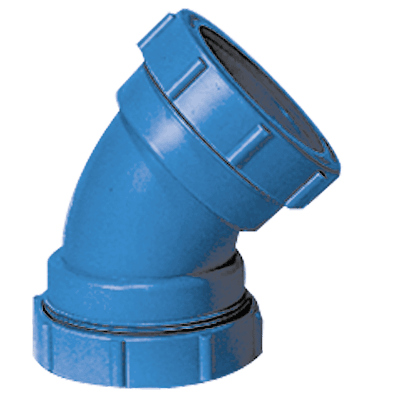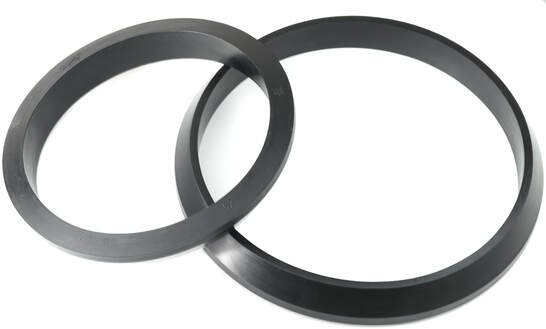In the realm of engineering and industry, the term mechanical work encompasses a wide array of activities and applications. From traditional machinery to cutting-edge technologies, the scope of mechanical work is vast and dynamic. In this comprehensive exploration, we will delve into the multifaceted nature of mechanical work, unraveling its various types and shedding light on the critical role it plays in diverse sectors.
I. Defining Mechanical Work: An Overview
1. Traditional Machinery:
At its core, mechanical work often involves the design, construction, and operation of traditional machinery. This includes engines, gears, pumps, and other mechanical systems that leverage physical forces and motion to perform tasks. Engineers specializing in mechanical work play a crucial role in optimizing the efficiency and functionality of these mechanical systems.
2. Manufacturing Processes:
Mechanical work is integral to manufacturing processes, encompassing activities such as machining, milling, and shaping. Precision is key in this domain, as mechanical engineers work to develop and improve manufacturing techniques to produce high-quality components and products.
II. Advanced Technologies: Pushing the Boundaries
1. Robotics and Automation:
The landscape of mechanical work has evolved significantly with the advent of robotics and automation. Mechanical engineers are at the forefront of designing and implementing robotic systems that streamline processes, enhance productivity, and perform intricate tasks in industries ranging from automotive manufacturing to healthcare.
2. Mechatronics:
Mechatronics, an interdisciplinary field, combines mechanical engineering with electronics and computer science. Professionals in mechatronics work on the integration of mechanical components with intelligent control systems, leading to the development of smart and automated systems.
III. Energy Systems: Powering the Future
1. Renewable Energy:
Mechanical work plays a pivotal role in the field of renewable energy, involving the design and optimization of systems such as wind turbines and solar panels. Mechanical engineers contribute to harnessing and converting energy from sustainable sources to meet the growing demand for cleaner alternatives.
2. HVAC Systems:
Heating, ventilation, and air conditioning (HVAC) systems rely heavily on mechanical work. Engineers in this field design and implement systems that regulate indoor climate conditions, ensuring comfort and efficiency in various environments.
IV. Transportation: Moving the World
1. Automotive Engineering:
Mechanical work is fundamental to the automotive industry, encompassing the design of engines, transmissions, and vehicle components. Engineers work to enhance fuel efficiency, safety features, and overall performance in modern vehicles.
2. Aerospace Engineering:
In the aerospace sector, mechanical engineers contribute to the design and optimization of aircraft and spacecraft components. This involves addressing challenges related to materials, aerodynamics, and structural integrity to ensure the safety and efficiency of aerospace systems.
V. The Future of Mechanical Work: Embracing Innovation
As technology continues to advance, the future of mechanical work holds exciting possibilities. From the exploration of nanotechnology to the development of advanced materials, mechanical engineers are poised to drive innovation across diverse industries, solving complex challenges and shaping the future of technology.
VI. Conclusion: The Dynamic Tapestry of Mechanical Work
In conclusion, the term mechanical work encapsulates a rich and dynamic tapestry of activities that span traditional machinery, advanced technologies, energy systems, transportation, and beyond. As the field continues to evolve, mechanical engineers remain at the forefront of innovation, contributing to the advancement of industries and shaping the technological landscape. This exploration serves as a guide for those seeking to understand the diverse facets of mechanical work and its profound impact on the world.



